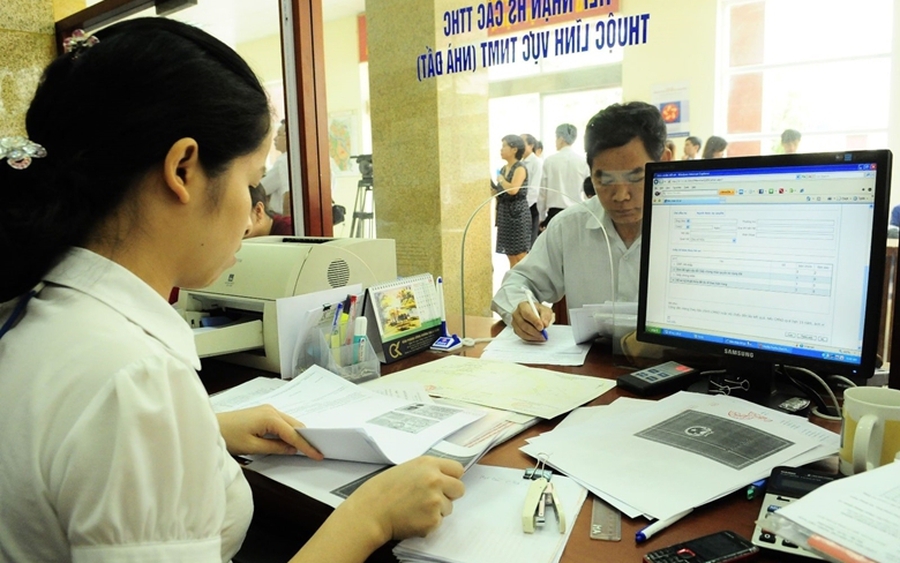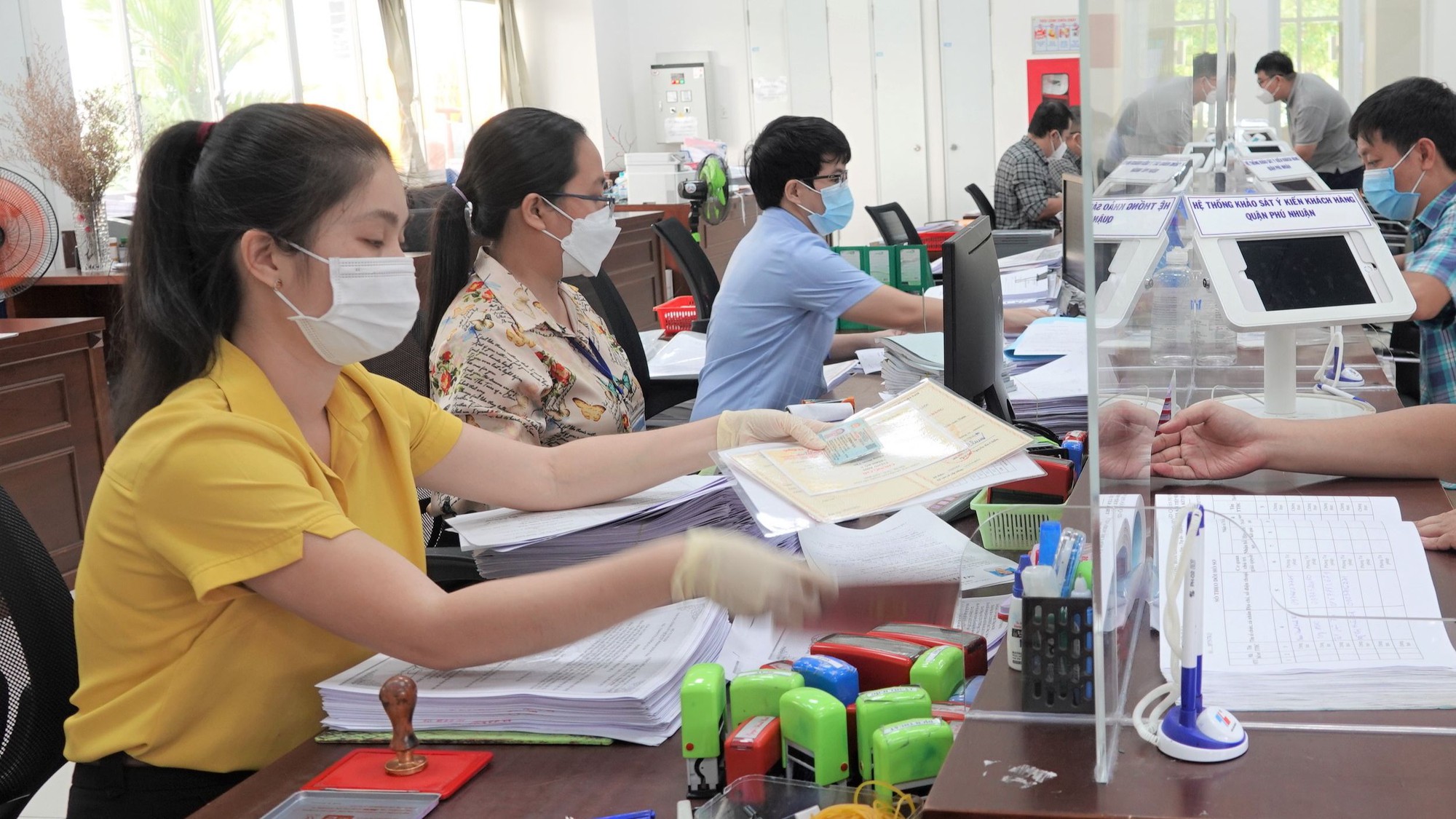What are the cases where cadres, civil servants, and public employees have committed violations but have not been disciplined in Vietnam?
What are the cases where cadres, civil servants, and public employees have committed violations but have not been disciplined in Vietnam? - Hong Ha (Can Tho)

What are the cases where cadres, civil servants, and public employees have committed violations but have not been disciplined in Vietnam? (Internet image)
Regarding this issue, LawNet would like to answer as follows:
1. What are the cases where cadres, civil servants, and public employees have committed violations but have not been disciplined?
According to Article 3 of Decree 112/2020/ND-CP (amended in Decree 71/2023/ND-CP), cases that have not been considered for disciplinary action include:
- Officials, civil servants, and public employees who are on annual leave, leave according to regimes, or personal leave as permitted by competent authorities.
- Officials, civil servants, and public employees who are undergoing treatment for a serious illness or are losing cognitive ability; seriously ill and undergoing inpatient treatment at a hospital certified by a competent medical agency.
- Female officials, civil servants, and public employees who are pregnant, on maternity leave, or are raising children under 12 months old, or male officials, civil servants, and public employees (in case the wife dies or due to other objective and force majeure reasons) or are raising a child under 12 months old, unless the violator has a written request for consideration of disciplinary action.
- Officials, civil servants, and public employees who are being prosecuted, detained, or detained pending the conclusion of a competent authority investigating, prosecuting, and adjudicating violations of the law, except in cases decided by competent authorities.
2. Statute of limitations and time limit for disciplining cadres, civil servants, and public employees in Vietnam
Pursuant to Article 5 of Decree 112/2020/ND-CP (amended in Decree 71/2023/ND-CP), regulations on statute of limitations and disciplinary action are as follows:
- The statute of limitations for disciplinary action is the period of time within which, upon expiration of that period, officials, civil servants, public employees, and retired or retired persons who commit violations shall not be disciplined. The statute of limitations for disciplinary action is calculated from the time of the violation. If there is a new violation within the time limit for calculating the statute of limitations for disciplinary action according to regulations, the statute of limitations for disciplinary action for the old violation is recalculated from the time the new violation occurs.
- Determine the time of the violation:
+ For violations whose termination time can be determined, the time of violation is calculated from the time of termination.
+ For violations that have not yet ended, the time of violation is calculated from the time of discovery.
+ For violations whose termination time cannot be determined, the time of violation is calculated from the time of the conclusion of the competent authority.
- Except for the cases specified in Clause 4, Article 5 of Decree 112/2020/ND-CP, the statute of limitations for disciplinary action is prescribed as follows:
+ 05 years for violations that are less serious than requiring disciplinary action in the form of reprimand;
+ 10 years for violations that do not fall into the cases specified in Point a, Clause 3, Article 5 of Decree 112/2020/ND-CP.
- For the following violations, the statute of limitations for disciplinary action does not apply:
+ Officials, civil servants, and public employees who are party members commit violations that require disciplinary action in the form of expulsion;
+ Committing acts of violating regulations on internal political protection;
+ Committing acts that harm national interests in the fields of defense, security, and foreign affairs;
+ Using fake or illegal diplomas, certificates, or certifications.
- The time limit for disciplinary action against cadres, civil servants, and public employees is the period of time from the discovery of violations by cadres, civil servants, and public employees or from the time a competent authority concludes that a cadre, civil servant, or public employee has committed a violation until there is a disciplinary decision from the competent authority.
The time limit for disciplinary action shall not exceed 90 days; In cases where the case has complicated circumstances that require time for inspection and examination for further verification and clarification, the disciplinary time limit may be extended but must not exceed 150 days.
The authority competent to handle disciplinary action must ensure that disciplinary action is taken within the prescribed time limit. If the disciplinary time limit expires and a disciplinary decision has not yet been issued, the person will be responsible for the delay in issuance and must issue a disciplinary decision if the violation is still within the statute of limitations.
- Not included in the statute of limitations or disciplinary action period for:
+ Time for disciplinary action to be considered for the cases specified in Article 3 of Decree 112/2020/ND-CP;
+ Time of investigation, prosecution, and trial according to criminal proceedings (if any);
+ Time to make a complaint or initiate an administrative case at Court regarding a disciplinary decision until a replacement disciplinary decision is issued.
Ho Quoc Tuan
- Key word:
- public employees
- in Vietnam
- civil servants
- Cases of land rent exemption and reduction under the latest regulations in Vietnam
- Economic infrastructure and social infrastructure system in Thu Duc City, Ho Chi Minh City
- Regulations on ordination with foreign elements in religious organizations in Vietnam
- Increase land compensation prices in Vietnam from January 1, 2026
- Determination of land compensation levels for damage during land requisition process in Vietnam
- Who is permitted to purchase social housing according to latest regulations in Vietnam?
-

- Duties and professional standards for public employees ...
- 16:30, 27/09/2024
-

- Conditions for promotion from Class III to Class ...
- 16:00, 27/09/2024
-

- Principles for considering rank promotion in professional ...
- 15:51, 27/09/2024
-

- Emergency response and search and rescue organizations ...
- 10:29, 11/09/2024
-

- Handling of the acceptance results of ministerial ...
- 09:30, 11/09/2024
-

- Notable new policies of Vietnam effective as of ...
- 16:26, 11/04/2025
-
.Medium.png)
- Notable documents of Vietnam in the previous week ...
- 16:21, 11/04/2025
-
.Medium.png)
- Notable documents of Vietnam in the previous week ...
- 16:11, 02/04/2025
-
.Medium.png)
- Notable new policies of Vietnam to be effective ...
- 16:04, 02/04/2025
-
.Medium.png)
- Notable new policies of Vietnam effective from ...
- 14:51, 21/03/2025
 Article table of contents
Article table of contents
